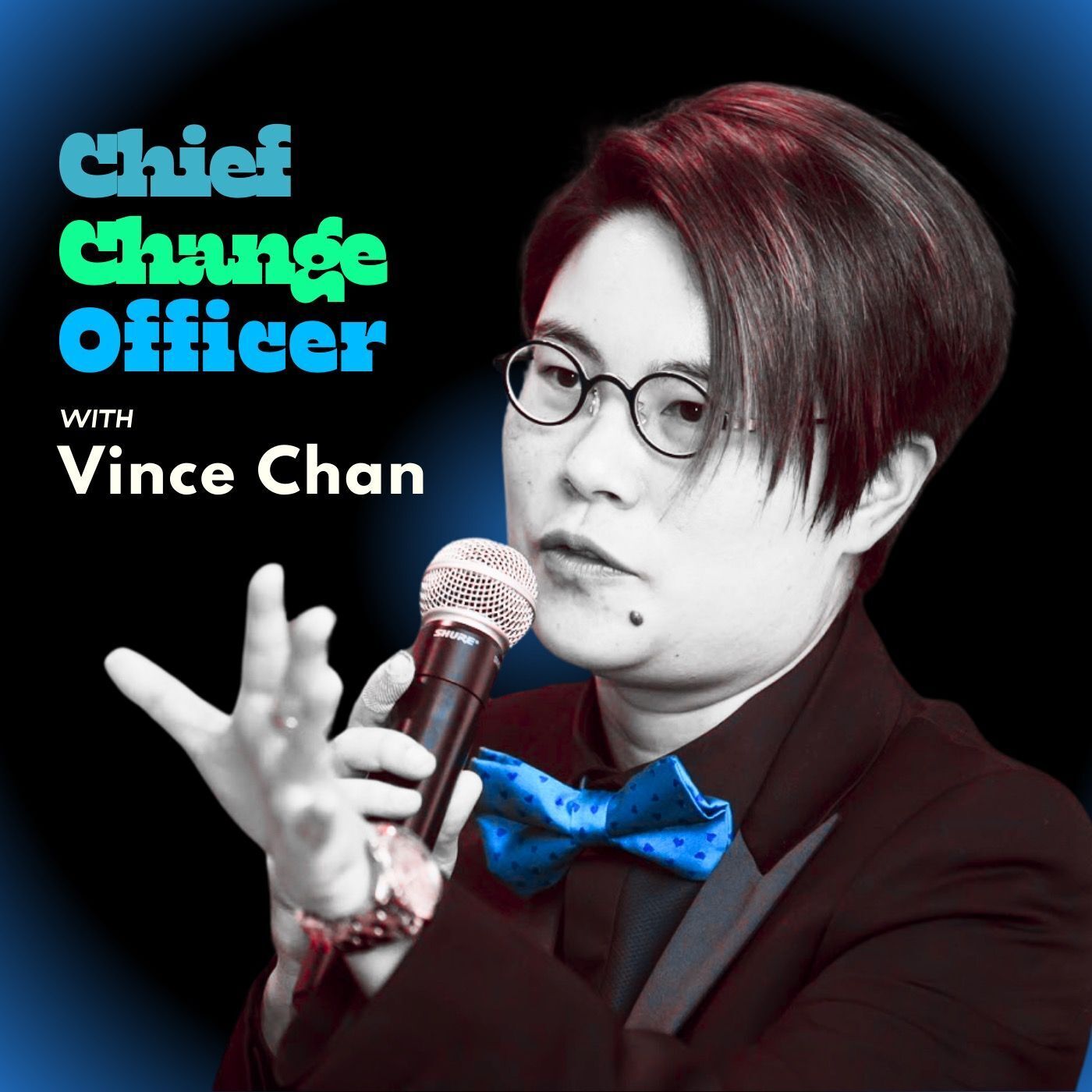#409 Sande Golgart: Climbing the Wrong Mountain — Part One
Before he became a coach and founder, Sande Golgart was addicted to acceleration. He said yes to every challenge, thrived in high-stakes boardrooms, and made a name for himself as a relentless performer. But behind the energy and accolades, something didn’t sit right.
In Part One, Sande retraces his early life as a dunk contest champion, his rise through the corporate ranks, and the moment he realized the game he was winning wasn’t one he wanted to keep playing. What started as hustle became habit. What looked like progress felt like pressure. And what came next was a reckoning.
Key Highlights of Our Interview:
Playing to Win—Even in a Suit
“I approached sales the same way I approached dunk contests: high energy, no fear, go all in.”
How a competitive spirit helped Sande rise fast—but also masked the cost.
Yes Man Syndrome
“I never said no. I didn’t even know what no sounded like.”
Why overcommitment isn’t ambition—it’s avoidance in disguise.
Movement as a Mask
“As long as I kept moving, I didn’t have to think. Stillness scared the hell out of me.”
When action becomes a coping mechanism, not a strategy.
The Wrong Summit
“You keep pushing for the top, then get there and realize… it’s not your mountain.”
Sande explains the disorienting moment that sparked his pivot.
Forgotten Self
“I knew my job title. I knew my revenue targets. But I couldn’t tell you what I liked.”
How busyness blurred his sense of identity—and what came next.
_____________________
Connect with us:
Host: Vince Chan | Guest: Sande Golgart
--Chief Change Officer--
Change Ambitiously. Outgrow Yourself.
Open a World of Expansive Human Intelligence
for Transformation Gurus, Black Sheep,
Unsung Visionaries & Bold Hearts.
EdTech Leadership Awards 2025 Finalist.
20 Million+ All-Time Downloads.
80+ Countries Reached Daily.
Global Top 1% Podcast.
Top 5 US Business.
Top 1 US Careers.
>>>180,000+ are outgrowing. Act Today.<<<
See Privacy Policy at https://art19.com/privacy and California Privacy Notice at https://art19.com/privacy#do-not-sell-my-info.
Press play and read along
Transcript
Transcript is processing—check back soon.





